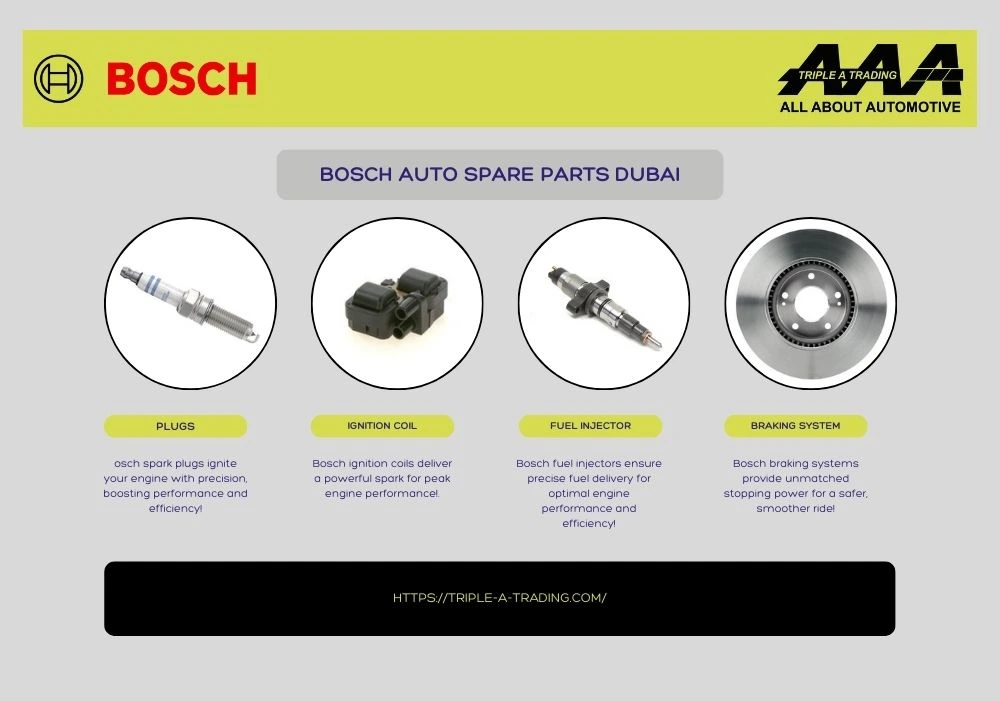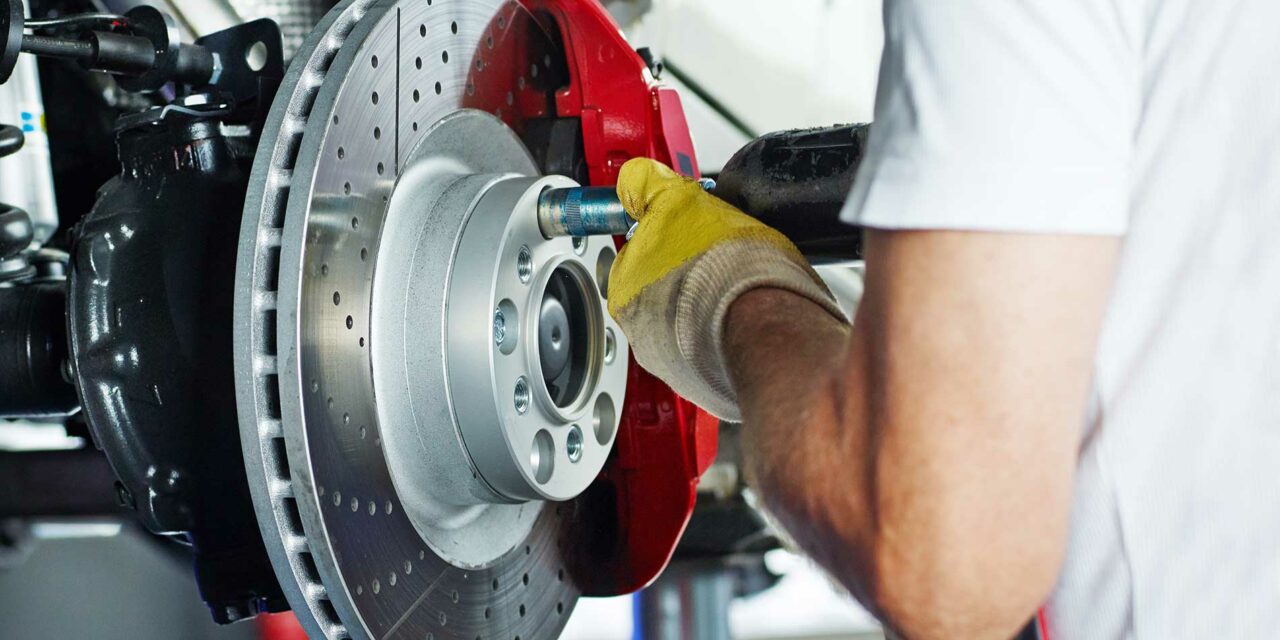Dubai is a city of superlatives, with its towering skyscrapers, man-made islands, and luxury cars. However, with the growth of the automotive industry, comes a significant environmental concern, particularly the pollution caused by the brake system and other auto spare parts wholesalers Dubai. The brake system is one of the essential components of any vehicle, and its wear and tear produce particulate matter that contributes significantly to air pollution. This article aims to highlight the environmental effects of brake system parts in Dubai and suggest ways to reduce them.
Brake System Components and Their Environmental Impact
The brake system comprises various components such as brake pads, rotors, calipers, and brake fluid, among others. When you apply the brakes, the brake pads rub against the rotors to produce the necessary friction to stop the car. This process produces a significant amount of heat and wear on the brake pads and rotors, causing the release of fine particles, including copper, iron, and other metals, into the air. The particles that are less than 10 microns in diameter, known as PM10, are small enough to enter the lungs, causing health problems such as respiratory illnesses, cancer, and heart disease.
Copper
Copper is one of the primary metals found in brake pads, and it has been identified as a major contributor to environmental pollution. Copper particles are harmful to aquatic life and cause harm to other species, including humans. A study conducted by the Environmental Protection Agency (EPA) found that brake pads are responsible for about 21 percent of the total copper released into the environment.
Brake Fluid
Brake fluid is also an essential component of the brake system. It is used to transmit the force from the brake pedal to the brake pads, causing them to clamp down on the rotors. Brake fluid contains various chemicals that can be hazardous to the environment if not disposed of correctly. These chemicals include glycol ethers, which can contaminate groundwater, and heavy metals such as lead and cadmium, which can be toxic to aquatic life.
Reducing the Environmental Impact of Brake System Components
The adverse environmental effects of brake system components can be mitigated through several approaches. One way is to buy knorr bremse brake system parts Dubai made from environmentally friendly materials such as ceramic and organic fibers. These materials produce fewer particulate matter emissions than traditional metallic brake pads. They are also more durable and have a longer lifespan than metallic pads, meaning they need replacing less often, reducing the amount of waste produced. Other approaches include:
Regenerative Braking Systems
The best way to reduce the environmental impact of brake systems is to use regenerative braking systems. These systems capture the kinetic energy of the vehicle during braking and convert it into electrical energy. The energy is then stored in a battery and used to power the car’s electrical systems, such as the lights and air conditioning. This process reduces the amount of energy required from the car’s engine, resulting in less fuel consumption and fewer emissions.
Recyclable Brake Components
Brake pads and rotors can be recycled to extract metals and other valuable materials. The extracted metals can be reused in new brake components, reducing the need for new mining and refining processes, which are known to be environmentally damaging.
Proper Disposal
Proper disposal of brake system components is crucial in reducing their environmental impact. Brake pads and rotors should be disposed of at designated recycling centers to prevent contamination of the environment. Brake fluid should also be disposed of correctly, and it is recommended to seek the help of a professional mechanic or recycling center to dispose of brake fluid safely.
Avoid Heavy Braking
Avoid heavy braking as much as possible. Hard braking generates more heat and friction, which causes more wear and tear on the brake pads and rotors, and in turn, more particulate matter emissions. Instead, drivers can anticipate traffic and use gentle braking techniques to minimize wear and tear on their brake systems.
Regular Maintenance
Another step that individuals can take is to ensure their brake systems are well-maintained. Regular maintenance and servicing can help identify any issues early on and prevent excessive wear and tear on brake components. It can also help ensure that brake fluid is topped up and that the brake system is working efficiently, which can reduce emissions and increase fuel efficiency.
Conclusion
In conclusion, the environmental impact of brake system components in Dubai is a significant concern that needs to be addressed. The wear and tear of brake pads and rotors produce particulate matter emissions that contribute to air pollution and pose a threat to human health.
However, by using environmentally friendly materials, regenerative braking systems, proper disposal and recycling methods, and responsible driving and maintenance techniques, we can reduce the environmental impact of brake systems and contribute to a more sustainable future. It is up to all of us to act and do our part to protect the environment and safeguard public health.

 +971 50 443 1871
+971 50 443 1871







